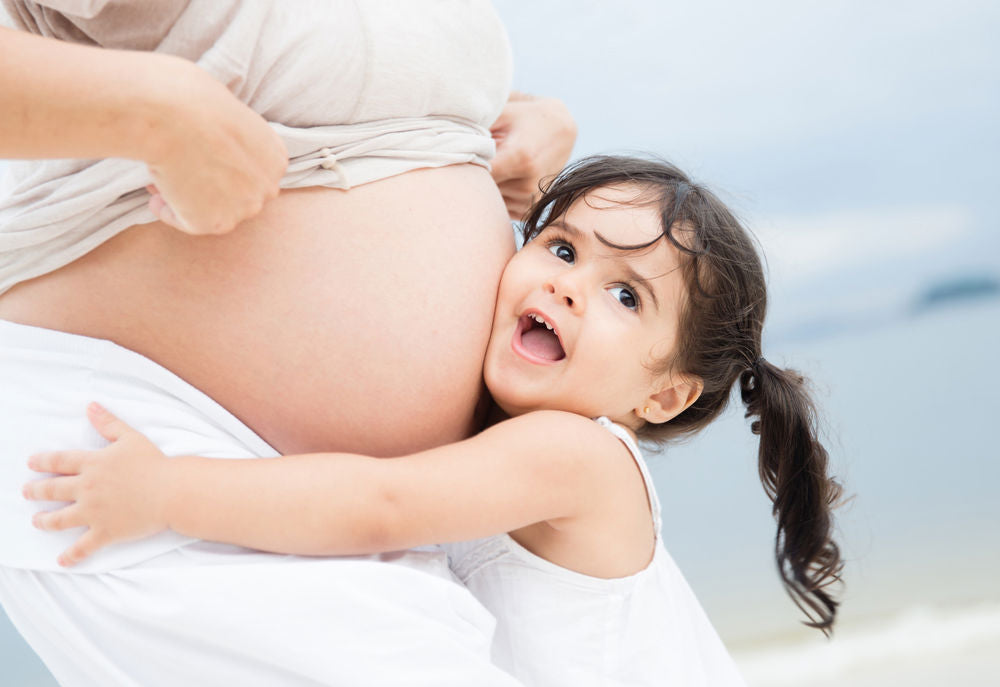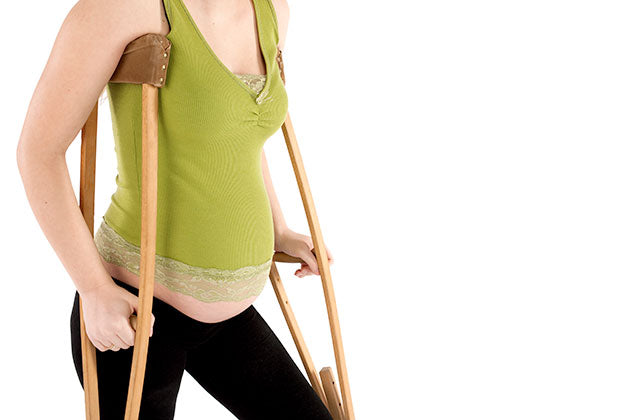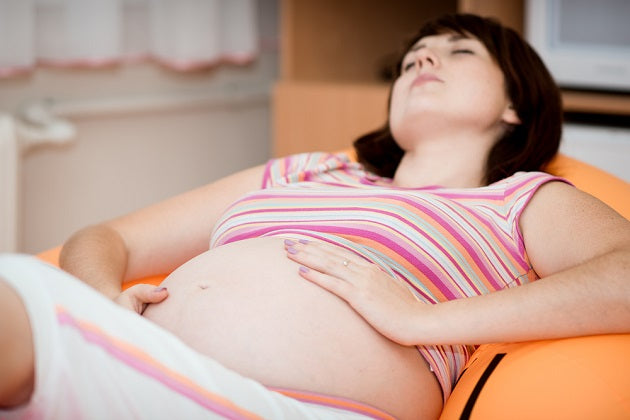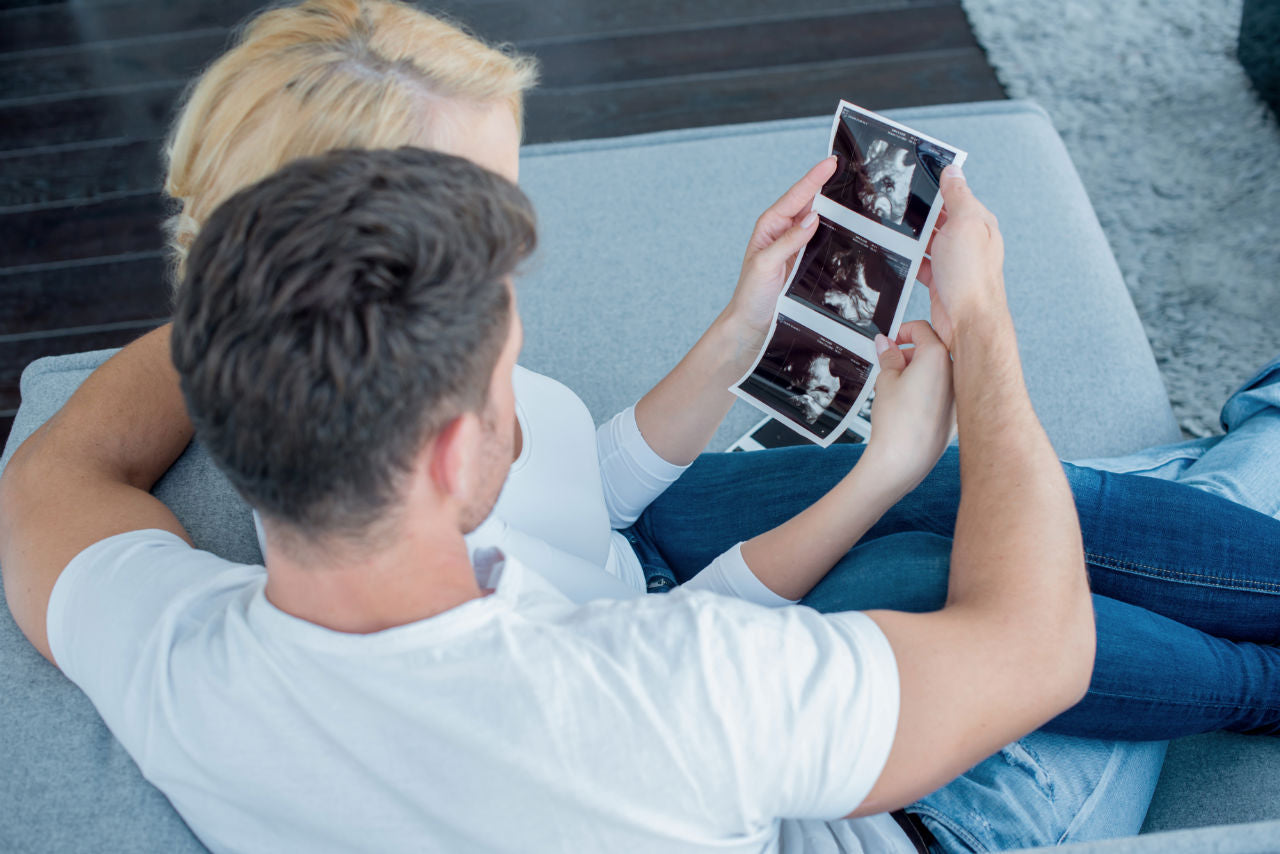Water birth
Water is an effective source of pain relief in labour. A warm bath eases aches and pains, and a long soak at the end of a tiring day can be very relaxing. This also applies when in labour as the warm water can aid relaxation and ease pain. Birthing pools have now become widely available and giving birth in water is now an option for more women. In addition, mums-to-be with impaired mobility may find using a birthing pool really helpful in labour. Birthing pools are bigger than standard baths – wider and at least two feet deep – so you can move easily and keep your tummy immersed in water. Many hospitals now have a water birth pool plumbed in, and portable water birth pools can even be hired for use at home or in hospital. Furthermore, if you know you don't want to or are unable to give birth in water, you may still like to hire a small pool for using at home during late pregnancy and early labour. You can use a hired birthing pool to relax in during the last weeks of pregnancy. This can be especially useful if you find it difficult to sleep at night. If you are interested in the idea of using water for pain relief but can't afford to hire or buy a birthing pool, you may still be able to relax in water in some of these ways:- You can use an upturned plastic bucket or plastic chair to sit on under a shower.
- Warm water can be poured over you from a jug.
- A strong shower jet directed against the small of the back helps some women.
Hypnobirthing
Hypnobirthing is a complete birth education programme that teaches simple but specific self-hypnosis, relaxation and breathing techniques for a better birth. It can help you with the following hang ups:- Discovering that severe pain does not have to be an accompaniment of labour
- Releasing the fears and anxieties you may currently have about giving birth and how to overcome previous traumatic births
- Focusing on the joy and magic of birth - rather than the horrific ordeals
- Controlling your own birth experience
Home birthing
If you give birth at home, you'll be supported by a midwife who will be with you while you're in labour. If you need any help or your labour is not progressing as well as it should, your midwife will make arrangements for you to be transferred to hospital. You can also opt to be cared for by an independent midwife, a private midwife who has decided to work outside of the NHS. The advantages of giving birth at home include:- Being in familiar surroundings where you may feel more relaxed and able to cope
- You don't have to interrupt your labour to go into hospital
- If you have any other children, you will not need to leave them
- You are more likely to be looked after by a midwife you have got to know during your pregnancy
- You are less likely to have intervention such as forceps or ventouse, than those women giving birth in hospital
- You may need to transfer to a hospital if there are complications
- For women having their second or subsequent baby, a planned home birth is as safe as having your baby in hospital or a midwife-led unit. However, for women having their first baby, a home birth slightly increases the risk of a poor outcome which includes death of the baby and problems that might affect the baby's quality of life.
- Epidurals are not available at home.
- Your doctor or midwife may recommend that you give birth in hospital. For example if you are expecting twins, or if your baby is breech (lying feet first), your midwife or doctor will explain why they think a hospital birth is safer for you and your baby.










